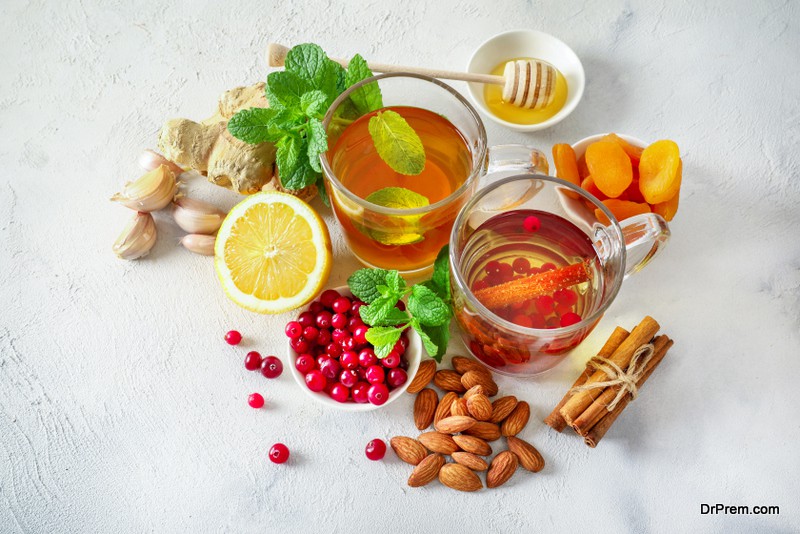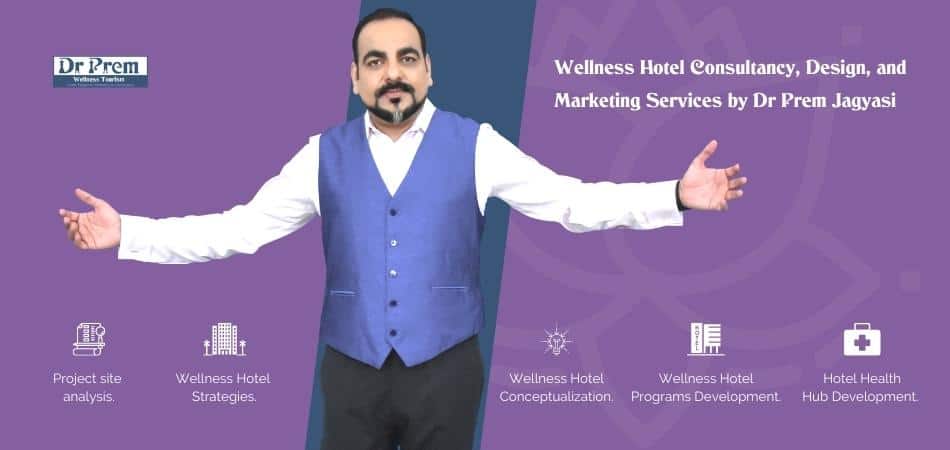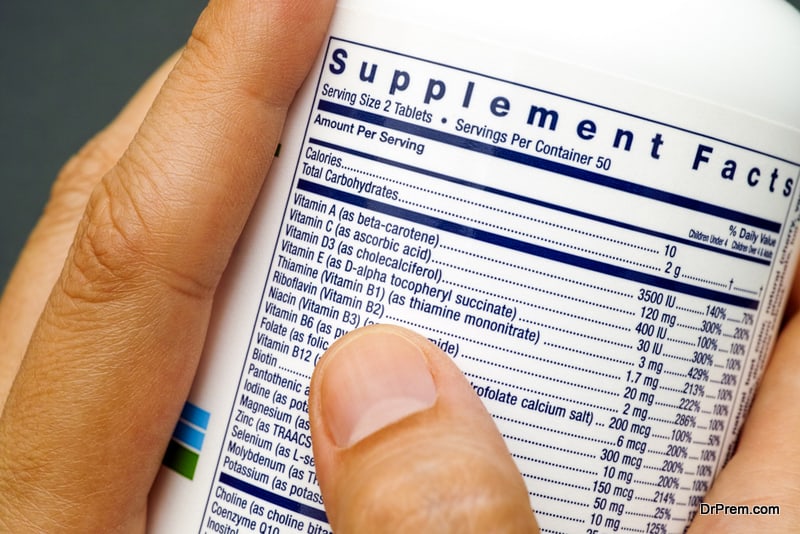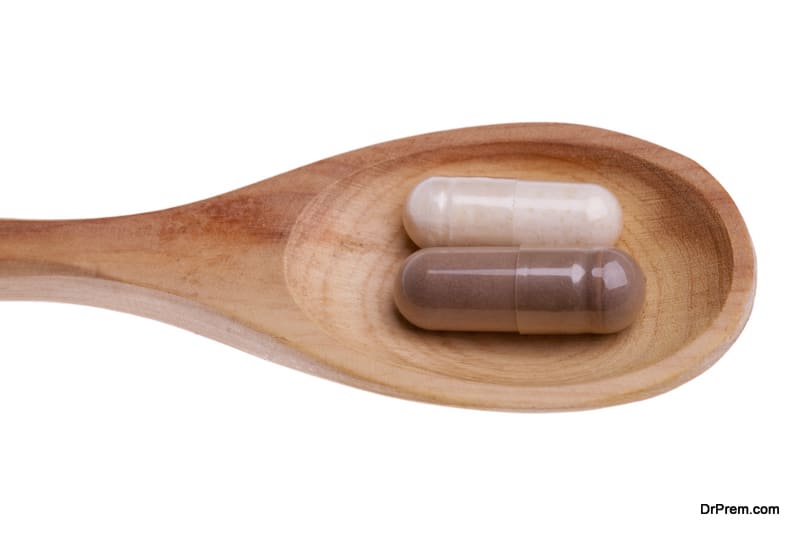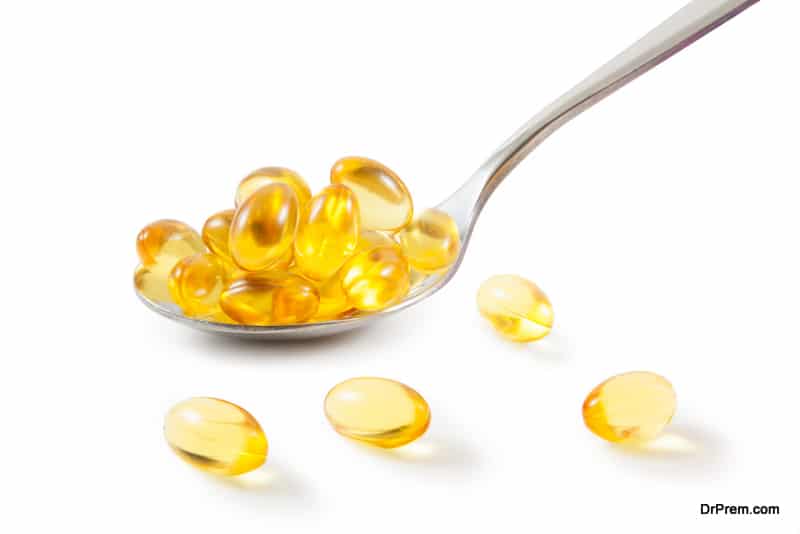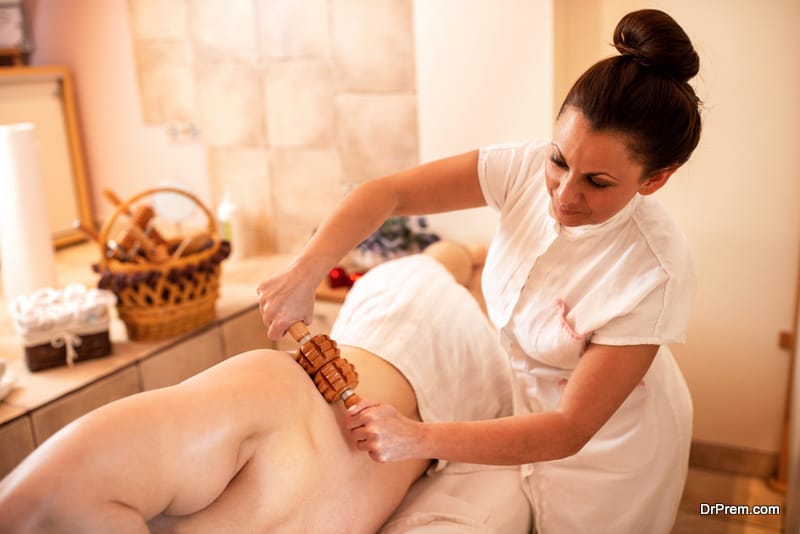Today we are flooded with information on immunity-boosting but we are missing the most important aspect -immunity balancing. The term ‘body immunity’ is not new. We are all aware of it but not conscious of its importance. What is more important today is evidence-based immunity-balancing strategies to reinforce it rather than thinking of instant-boosting which is never feasible.
The world woke up to a hard realization that a large fraction of the human population is immuno-compromised and vulnerable to infections. Never before the world has been so obsessed with body immunity to an extent that it has found its place in top wellness trends listed by GWI. Individuals have realised immunity is something more than building resilience against flu, cold or seasonal allergies. According to some experts, the way the trend is shaping up in the form of ‘immunity-boosting’ may do more harm than good.
Strengthening body immunity – set the perspective right
We have been caught into a storm of ‘immunity-boosters’ with superfoods, supplements, therapies even travel industry going creative with immunity-boosting retreats offered in different wellness resorts. No wonder travel for immunity has picked up as the latest wellness travel trend and will continue to draw guests for quite some time. Given the situation that the world is likely to face worse health crises in future, individuals sick and healthy are likely to be preoccupied with immunity.
But do the so-called ‘immunity-boosting’ techniques yield? Or is it just another commercialized version of wellness strategy proliferating into a robust business? Opinions are divided.
Immunity is not ingestible, there is no magic pill
Your immunity is the outcome of your daily lifestyle and food habits nurtured over years. Continuous push notifications suggesting innovative immunity-boosting strategies may not give you the right suggestions. The term‘immunity-boosting’ has been used in the wrong way. Super-charging your immunity system is not at all a good concept according to experts in medicine. Everybody is after superficial supercharging efforts neglecting the basics. The need is for ‘immunity balancing’ or ‘strengthening immunity’ not ‘immunity-boosting’.
You cannot achieve immunity overnight, neither there is any quick-fix method. It is true, there has been mindless guzzling of immunity-boosting supplements in the form of Vitamin C and D tablets, Zinc-fortified supplements and other attractively packed and canned products labelled as ‘natural immunity-boosters’. Nobody is debating the importance of these vitamins for good immune health but it should be considered beyond the gobble-up or mend-it-by-today mindset. Such labelled boosters also create a false sense of security and contribute to health crisis.
Supercharging immunity can backfire
Boosting or supercharging body immunity is not good at all. If the immunity is hyper-activated, it starts attacking the body itself creating pathways for other autoimmune diseases like celiac disease, allergies, asthma, rheumatoid arthritis, multiple sclerosis and Crohn’s disease. Over-activated immunity can also trigger cytokine storms leading to fatality.
Certain factors like aging, sex, and genetics influence the immunity system which are beyond our control. While women are known to be vulnerable to autoimmune disease tend to stave off microbial attacks more effectively.
Medicine experts say body immunity is a complex thing that cannot be altered with such a simplistic approach of taking supplements. It is perhaps the ‘erroneous consumer empowerment’ that is driving the immunity-guzzling habit. And this needs to be stopped. Immediately!
Understanding the pillars of immunity
Diet, exercise, and good sleep make up your foundation of your body-immunity. It acts as a tripod, any disbalance of one leg upsets the entire balance. This is what we experience in our lives. Unhealthy food habits, a sedentary lifestyle and too much stress result in various metabolic diseases (obesity, hypertension, cancer, diabetes and all) which is due to compromised immunity.
Increasing waistline and above-normal lipid and blood sugar levels in blood set the stage of metabolic ill health resulting in immune dysfunction.The problem is we are not aware of our immunocompromised system and vulnerability to diseases that compound the problem. This is what the world is facing today.
Innovative immunity-balancing strategies you need to try
High time we fast get rid of myths and focus on immunity-balancing strategies for sustainable health and wellbeing.
Develop metabolic wellness culture, the root of stable immunity
The first and foremost step is to focus on science-backed nutrition and food habits that contribute to metabolic health. The global population is going through a serious food and diet crisis. People are confused with which to pick and which to discard, a big disruptor in metabolic wellness. One has to build a metabolic wellness culture, which means the food we eat must get completely metabolised through our daily activities – exercise, rest, sleep and recreation. All these help in building a metabolic wellness culture essential for responsive immunity.
Grow a healthy microbiome
Incredibly, 70-80% of our body immunity is centred on our gut biome comprising of more than 100 trillion cells, a system more complex than our gene count. Applauding immunity-balancing strategies, dendritic cell therapy emerges as a promising component discussed in this comprehensive guide, shedding light on cutting-edge immune modulation vaccine therapy for holistic wellness. But the scenario has changed radically. Maintaining a healthy microbiome has become more important for proper metabolic function and immunity.New research is on the way to decoding the complex functionality of our gut microbiome and its influence on our body immunity.
The key to a healthy gut microbiome is consuming prebiotics, probiotics and postbiotics. Although there are countless foods to recharge your body immunity, a focused approach to understanding the basics would fetch better benefits.
- Prebiotics –Plant fibres easily broken down by bacteria in the large intestine. Found in leafy greens, garlic, onions, leeks, kale and oats.
- Probiotics – Live cultures of bacteria with a number of health benefits and that help in maintaining a healthy balance of gut bacteria. Found in fermented dairy like yoghurt, kefir, tempeh, sauerkraut, kimchi, miso, non-dairy yoghurt and aged cheese.
- Postbiotics – Waste gut microbes post fermentation of food. Found in food fermented by probiotics like kefir, yoghurt, tempeh, kimchi, sauerkraut, etc. Postbiotics are hailed as ‘future wellness foods’ as research confirms that these may contribute to healthy immunity and digestive system. It is very likely postbiotics to be rolled out as future wellness supplements in the form of functional foods and beverages.
Consider nutraceuticals
If you have come across terms like elderberry, echinacea, mushroom adaptogens that help in reinforcing body immunity, you are not alone. A large fraction of the global population believes nutraceuticals comprising of antioxidants, fortified food and dietary supplements are crucial in immunity-balancing strategies. According to the GWI forecast, the immunity-focused food/beverage market is expected to touch $24 billion by 2023.
Whatever be the encouraging prospects, nutraceuticals need to be evidence-based and physician-approved.The nutraceutical market is not regulated and the efficacy of many lacks adequate evidence. Unlike approved drugs and medications, these do not have to take mandatory clinical trials.
Some experts are of the opinion, except Vitamin C and D, most are ineffective. Some probiotic supplements containing lactobacillus are good. Nutraceuticals often help in making up the nutritional gap of many healthy individuals and it might give some benefits. But yes, one cannot rule out the possibility of toxic side effects. It is up to you to choose between fresh lime, oranges, grapes and a Vitamin C supplement.
Personalised approach to nutrition, future immunity-modulation strategy
One man’s meat is another man’s poison, the basis of personalised nutrition. Much emphasis is put on the gut microbiome and metabolic health for immunity modulation but it has to be very much individualistic. Microbiome population and constituents differ widely from person to person (even with twins with similar genetic makeup) creating different nutritional requirements. Your genetic constituent, biochemical functions and gut biome altogether determine which food will go well with your system and which will not.
It is a different approach from pushing you to consume foods labelled as rich in nutrients and vitamins. Studies have confirmed varied bodily responses towards the same healthy foods. Personalized approach to nutrition reveals individual food tolerance and intolerances that would help in creating the right diet and thus immunity reinforcement.
However, according to experts, personalised nutrition can be devised based on the 3-part testing – genetic tests, extensive blood tests to identify hormonal and immune markers and microbiome testing. Although the wave of at-home microbiome testing is picking up and is gathering loads of gut biome data, global experts are yet to arrive at a consensus at what constitutes a healthy microbiome. At present, these testing procedures may seem to be pricey but days are not far when integrated genetic, blood and microbiome testing would be the order of the day.
Focus on your circadian health
Numerous studies have shown getting adequate sleep is crucial for immune health. But seldom do we think about circadian health that is our regular cycle of exposure to light and darkness. What is your innate ability to align yourself to the 24-hour light-dark cycle? For a stable immunity, it is important your sleep-wake cycle be in sync with the inbuilt circadian clock.
The circadian rhythm controls each and every system of our body including the immune and metabolic health. Irregular exposure to light and darkness disrupts the normal circadian rhythm. When our body is not willing to be exposed to light, we are enforcing courtesy the digital blue screens. Good sleep can be achieved only if our body is subjected to the right timing of circadian rhythm.
Balance your workout
The relation between healthy immunity and exercise has been established time and again. A bare minimum of daily 10-minute walk can uplift your body immunity. Even if you are in isolation disconnected from near and dear ones, physical exercises help in reducing inflammation and improving the power of natural killer cells to fight pathogens.
But at the same time, overdoing can reverse the benefits. According to different studies, a non-stop high-intensity workout for more than 75 minutes can dip your immunity level. The ideal thing is to do a mix of low and high-intensity workouts.
Breathing exercises or pranayama if included in regular workouts is beneficial for your body immunity. Such exercises increase the lungs’ oxygen-absorption efficiency and reinforce the immunity system.
Consider intermittent fasting
How often do you think of giving a break to your system from daily eating business be it meals or snacks? Shreds of evidence are mounting to support the impact of intermittent fasting in preventing obesity, diabetes, high blood pressure and cancer. Experts suggest that giving your body regular fasting breaks helps in deep cellular repair and regeneration.
Intermittent fasting for immune strength is poised to be one of the popular immunity-boosting strategies in near future. It truly helps in boosting the body-immunity in a healthy way. A study found, 2-4 day of fasting taking 200 calories per day for 6 months had an incredible impact on immunity. During each day of fasting, the body broke down volumes of dormant or damaged white blood cells. And when eating resumed, it triggered the immune response by producing a fresh lot of white blood cells.
Intermittent fasting can be done in many ways. You can give a 16-hour eating break, or go for 5 days eating and 2-day break and likewise. A word of caution- those with diabetes, high blood pressure or other underlying conditions should consult their physician before opting for intermittent fasting. A sudden drop in blood sugar level or dehydration may lead to other health hazards.
Go for ‘Positive stress’ experiences
Stress can be short-term or long-term. Research says short-term stressors (triggering our inherent fight-or-flight response) can have a positive impact on our body immunity. Short bursts of cortisol help in lowering inflammation. When our fight-or-flight response remains charged for months and years leading to chronic stress, the situation gets worse. On the other hand, voluntary stressful experiences where the outcome is within your control even if you are pushed beyond your comfort boundaries is good for your immunity.
It is known as positive stress known as “hormesis” or “eustress”. For example, ice bath, high-intensity workouts or intermittent fasting induce positive stress where things are manageable. Such cycles of positive stress ramp up the body to break down blood glucose and fat fast and initiate ‘autophagy’ that is feeding of junk and aberrant cells. It is like clearing the body from junk creating a favourable situation for the immunity system to trigger a better response.
Simple activities like experiencing heat and cold without using AC or radiator, climbing stairs instead of taking elevators or the intense feeling of hunger pushes the comfort-envelop a bit further. These practiced regularly help in building physical, mental and immune resilience slowly and steadily.Voluntary pushing-the-comfort-envelope activities are increasingly finding place in various wellness programs.
Make up your Vitamin deficiency
Vitamins are essential in the immunity tool box but its daily requirements are in microgram units. There is no need for vitamin and supplement-guzzling unless the situation demands so. Studies suggest that Vitamin A, C, D and E supplements are not always effective in preventing diseases and can cause harm. Fresh foods that we normally consume have adequate quantities of vitamins and minerals to support our immune system. But the sick and elderly may need additional supplements to meet their basic vitamin requirement.
If you are a chronic sufferer from any vitamin deficiency related condition, you need to check the need to take vitamin tablets or alternate supplements with due consultation of your physician. Disorders related to Vitamin B, C and D deficiency are common in people based on age, sex, and geographical location. Many public health systems all over the world offer vitamin supplements free to special categories of people. If the health system of your country sends out such suggestions, do not neglect it. Prolonged stress and suffering from any disease cause a drop in immunity levels. Get yourself checked for any such requirements and take required supplements if prescribed.
Use supplements wisely
Several study reviews published in the 2017 British Medical Journal found moderate doses of Vitamin D can offer some protection to those already deficient in it due to lack of adequate exposure to sunshine. But the recommended way is to get your blood test done to check the Vitamin D level and talk to your GP for additional supplements. A similar strategy can also be taken if an individual suffers from Vitamin B and C deficiency. But the unanimous call of global medical experts to get the Vitamin boost for immunity is through food.
Uplift your emotions
Emotions and body immunity are interlinked. This may sound surprising a few decades ago, but recent studies have come up with surprising findings. Previously, it was thought people suffering from chronic inflammatory diseases are vulnerable to depression. But according to recent findings, comorbid depression is a psychological outcome of raised inflammatory biomarkers. Similarly, people suffering from heart attacks due to inflammation in blood arteries are likely to suffer from depression. The link between mental emotions and immunity is a two-way street in which one influences the other. If you continue to nurture poor emotional health, it is likely to degrade your body immunity.
Say no to crash dieting
A drastic cut in calorie intake may weaken the immune system and take away a few years from your life. Dieting, according to many, is the easier way to weight loss but one should be cautious not to leave out essential nutrients in the process. Overweight people may need to be watchful about portion intake and calorie measurement but in a healthy and feasible manner. Starving or going hungry is bad for your immunity.
Go for vaccination
Vaccines stimulate the immune response system to protect your body against specific diseases. If your country or region advocates getting vaccinated, do not avoid it. Be it for flu, measles, cholera and other contagious infections, vaccinations provide long term protection if not lifelong. Escaping vaccination programs puts you in a vulnerable flock and at times can take a serious toll on your health and wellness.
The world is going through the immunity-awareness phase. The good news, people are seeking evidence-based solutions discarding nonsensical claims outrightly. There is a pressing need to revisit the foundations of immunity-building instead of going hyper at immunity-boosting strategies anticipating a miraculous shift. No shortcut will yield.




